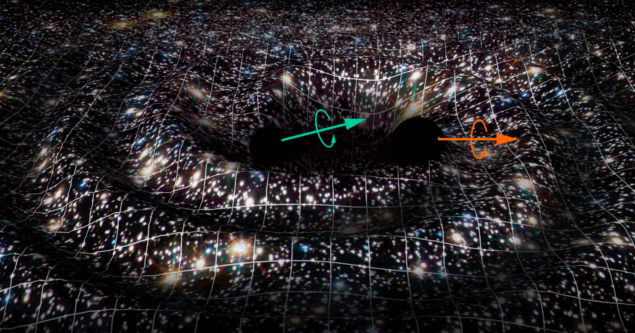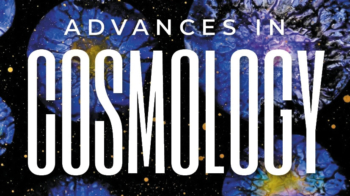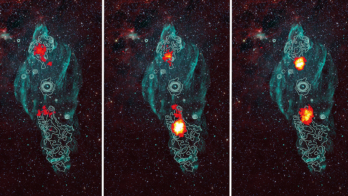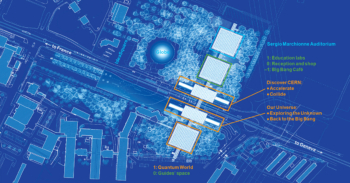Lectures on Astrophysics, By Steven Weinberg, Cambridge University Press

Typical introductions to astrophysics range from 500 to over 1000 pages. This trend is at odds with many of today’s students, who prepare for examinations using search engines and are often put off by ponderous treatises. Steven Weinberg’s new book wisely goes in the opposite direction. The 1979 Nobel laureate, and winner last week of a special Breakthrough prize in fundamental physics, has written a self-contained and relatively short 214-page account of the foundations of astrophysics, from stars to galaxies. The result is extremely pleasant and particularly suitable for students and young practitioners in the field.

Instead of building a large treatise, Weinberg prioritises key topics that appeared in a set of lectures taught by the author at the University of Texas at Austin. The book has four parts, which deal with stars, binaries, the interstellar medium and galaxies, respectively. The analysis of stellar structure starts from the study of hydrostatic equilibrium and is complemented by various classic discussions including the mechanisms for nuclear energy generation and the Hertzsprung-Russell diagram. In view of the striking observations in 2015 by the LIGO and Virgo interferometers, the second part contains a dedicated discussion of the emission of gravitational waves by binary pulsars and coalescing binaries.
As you might expect from the classic style of Weinberg’s monographs, the book provides readers with a kit of analytic tools of permanent value. His approach contrasts with many modern astrophysics and particle-theory texts, where analytical derivations and back-of-the-envelope approximations are often replaced by numerical computations which are mostly performed by computers. By the author’s own admission, however, this book is primarily intended for those who care about the rationale of astrophysical formulas and their applications.
Weinberg’s books always stimulate a wealth of considerations on the mutual interplay of particle physics, astrophysics and cosmology
This monograph is also a valid occasion for paying tribute to a collection of classic treatises that inspired the current astrophysical literature and that are still rather popular among the practitioners of the field. The author reveals in his preface that his interest in stellar structure started many years ago after reading the celebrated book of Subrahmanyan Chandrasekhar (An introduction to Stellar Structure), which was reprinted by Dover in the late fifties. Similarly the discussions on the interstellar medium are inspired by the equally famous monograph of Lyman Spitzer Jr. (Physical Processes in the Interstellar medium 1978, J. Wiley & Sons). For the benefit of curious and alert readers, these as well as other texts are cited in the essential bibliography at the end of each chapter.
Steven Weinberg’s books always stimulate a wealth of considerations on the mutual interplay of particle physics, astrophysics and cosmology, and the problems of dark matter, dark energy, gravitational waves and neutrino masses are today so interlocked that it is quite difficult to say where particle physics stops and astrophysics takes over. Modern science calls for multidisciplinary approaches, and while the frontiers between the different areas are now fading away, the potential discovery of new laws of nature will not only proceed from concrete observational efforts but also from the correct interpretation of the existing theories. If we want to understand the developments of fundamental physics in coming years, Lectures on Astrophysics will be an inspiring source of reflections and a valid reference.





